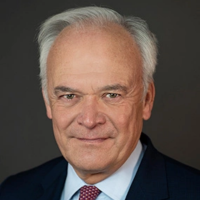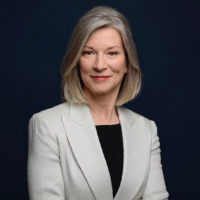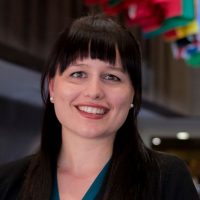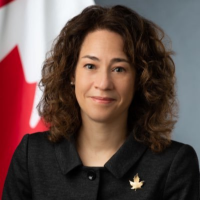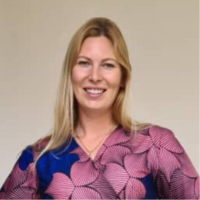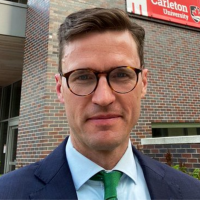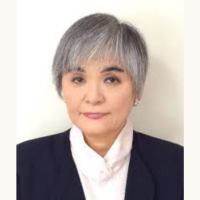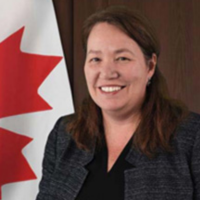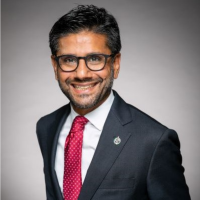
Margaret Biggs
Former President, Canadian International Development Agency (CIDA)
Matthews Fellow in Global Public Policy, Queen’s University,
President, Canadian International Development Agency (2008-2013),
Master of Arts, International Affairs (’81).
As with so many students, Margaret Biggs’ perspective on the world, her career path and her life changed after travelling abroad.
“I wanted to experience a different country and get a better understanding of the challenges facing the developing world,” recalls Ms. Biggs. “So I volunteered in Sri Lanka after graduation from UBC. It was a transformative experience.”
The experience prompted Ms. Biggs to pursue graduate studies in international affairs and development at the Norman Paterson School for International Affairs (NPSIA), which was the only place in Canada offering that program at the time. She wanted to know more about the process of development, as well as Canada’s relationship with developing countries.
“I was interested in how developing countries and economies could get ahead on their own,” says Ms. Biggs. “So I chose to focus on Canadian trade policy and the extent to which it created barriers or opportunities for countries like Sri Lanka.”
That education led Ms. Biggs to the newly established North-South Institute, where she was fortunate to be able to work on trade and development issues before moving into the federal public service.
She had spent 20 years in the public service—including 8 years in the Privy Council Office—when Ms. Biggs was named the President of the Canadian International Development Agency (CIDA), where she oversaw Canada’s international development and humanitarian assistance efforts worldwide. Ms. Biggs is credited with leading Canada’s efforts on maternal and child health, food security, sustainable economic growth and democratic governance.
“Many things had changed since that first trip to Sri Lanka,” she recalls. “While some developing countries had made a lot of progress, others hadn’t, whether that was from the after-effects of colonialism, fragility and conflict, the AIDS crisis or other issues.”
Ms. Biggs felt a lack of progress on the Canadian side, as well.
“The dialogue was still pretty much the same. Discussion was still largely focused on aid. There was little being said or done on other areas of public policy that impact international development such as trade, finance, technology and the environment,” she recalls.
A shake-up occurred in 2013, when the Conservative government decided to merge CIDA with the Department of Foreign Affairs, creating the Department of Foreign Affairs, Trade and Development (now Global Affairs Canada). Critics raised concerns the development assistance program would be used to pursue trade interests and other foreign policy objectives.
“The mandate of the Minister of International Development remained unchanged and the purpose of Canada’s international assistance remained enshrined in legislation,” says Ms. Biggs. “Both are clearly centered on poverty reduction and humanitarian assistance in developing countries. The new government has stressed this point.”
At the same time, Ms. Biggs is calling for an integrated perspective.
“Trade, peace and security, human rights and development are increasingly interconnected—not to mention the environment, health and migration,” she says. “The Sustainable Development Goals adopted by all UN member states in 2015 will be helpful in this regard.”
When Ms. Biggs began her Master’s degree, travelling to Ottawa from her home province of British Columbia was a big step. Today the world is more closely connected, but the value of a degree in international affairs remains.
“NPSIA gave us the opportunity to gain a deep understanding of global affairs. It allowed us to draw on multiple disciplines and tackle complex issues,” she recalls. “It was mind-expanding and unique.”

